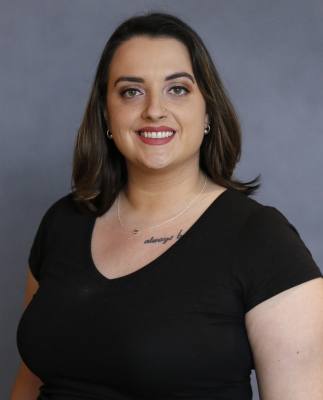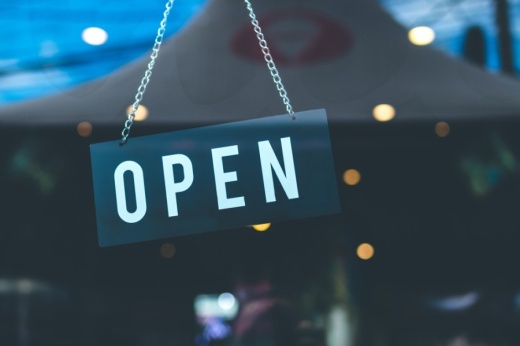Sales tax revenue data shows both positive and negative regional trends in 2020. In August, revenue was about 11% lower than it had been in August 2019 in the city of Houston itself, according to state data.
Katy, Bellaire and Friendswood, on the other hand, have seen 3%-7% year-over-year growth in that same time period. West University Place, which has a population of about 15,000 people, saw its sales tax revenue double from August 2019 to August 2020.
However, the most severe decreases in sales tax revenue may not have happened yet, and local governments need to brace for those, said James Thurmond, a former city manager and current graduate professor in public administration at the University of Houston.
The COVID-19 recession, which is considered to have started both domestically and globally in late February, is unlike any other economic downturn in recent history, Thurmond said: It could potentially be much longer-lasting than a traditional recession.
“We haven’t hit the low point yet,” he said, adding that local governments must spend money and create budgets wisely. “I would not be very positive right now. ... I would be cutting back.”
Sales tax revenue can make up significant portions of a city’s budget, which makes some cities very dependent on sales tax, Thurmond said. In Clear Lake Shores, sales tax revenue comprises about 46% of the total fiscal year 2020-21 general fund; in both Houston and League City, 25% of the FY 2020-21 general fund budget comes from sales tax revenue.
Many local governments also collect property taxes, and those values take much longer to change than sales tax revenue does in the midst of an economic crisis, Thurmond added. If sales tax revenue decreases and property tax revenue remains relatively unchanged, for example, expenditures would need to be cut elsewhere in a local budget, he said.
This brings another element of uncertainty to city planning, as does the fact that the health of city governments depends heavily on the health of the region’s economy.
“Local government is only as strong as the local economy,” Thurmond said. “[If] they don’t have money coming in, they can’t provide some of the basic services they need to provide.”
Longstanding businesses have had better revenue success than newer ones, and any businesses involved in corporate services have seen an explosion in profits as offices reopen, said Brittany Green, a partner at Advantage Business Coaching in League City.
League City’s sales tax revenue was up about 27% in August 2020 as compared to the same in 2019. It is “distinctly possible” the number of big-box stores in the Bay Area is influencing sales tax revenue figures, especially since many residents taking on expensive home improvement projects might find themselves frequenting stores such as Walmart and Target, Green said.
Green’s clients who have stayed profitable are the ones who made major changes to their business model, improved safety practices and communicated changes well, she said. For example, Green’s client Traci Dean expanded her bakery Cupcake Cachet and began offering keto bread between the first and second shutdowns, which allowed the business to be considered essential and ensured it could reopen, Green said.
“It’s all about, ‘How do I communicate our safety procedures to potential new customers?’” Green said. “The key to getting new business is communicating your pivot.”





